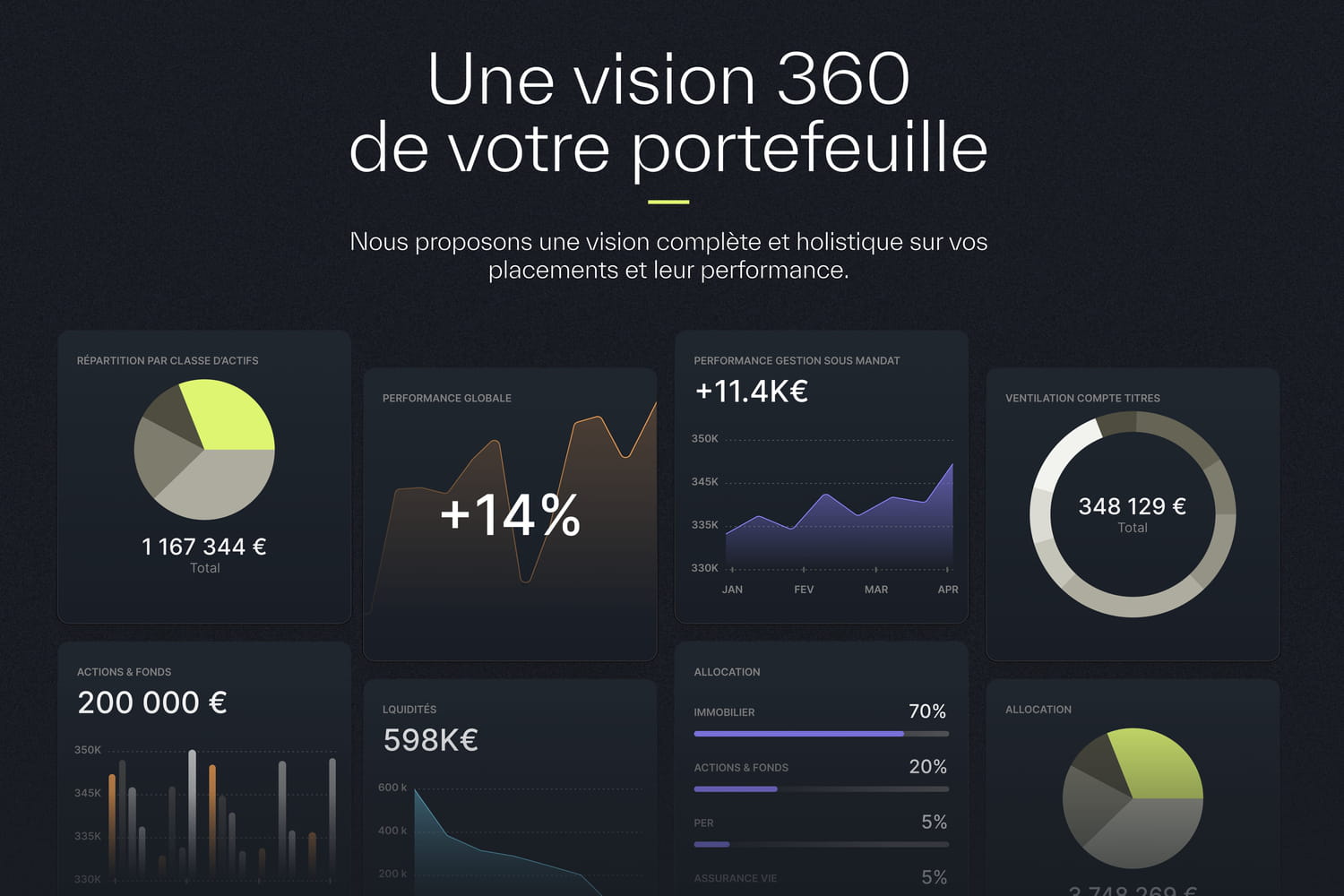RockFi lève 3 millions d'euros pour démocratiser la gestion de patrimoine

Opérationnel depuis le début d'année 2024, RockFi est un petit nouveau sur le marché de la gestion de patrimoine. Pour se lancer, cette fintech française annonce ce 23 avril lever trois millions d'euros auprès de Varsity et de quelques business angels. Une première étape pour donner à RockFi les moyens de son ambition, à savoir "devenir l'acteur innovant incontournable de la gestion privée", selon Pierre Marin, cofondateur et CEO.
RockFi s'appuie sur un réseau de dix gestionnaires de patrimoine indépendants. Ses clients les moins fortunés possèdent un patrimoine de 100 000 euros. "On vise les personnes déçues par les banques traditionnelles", indique Pierre Marin. "Celles-ci s'intéressent surtout aux très riches donc la majorité de la population n'a pas accès aux services de gestion de patrimoine".
En échange d'un forfait annuel, les clients de RockFi, dont la plupart garde leur compte courant chez les banques traditionnelles, ont accès à plusieurs services : "On les aide à préparer leur retraite, à préparer leur succession, à optimiser leurs impôts ou à créer un revenu supplémentaire en plaçant leur épargne", détaille le dirigeant.
Un accès au private equity
Pour attirer de nouveaux clients, RockFi vante son réseau de gestionnaires de patrimoine : "Ils sont prêts à conseiller les clients sur la durée et, comme ils sont indépendants, à leur donner des conseils objectifs". La start-up met également en avant sa technologie, qui permet "de proposer un parcours client très fluide". Enfin, elle promet de rendre accessible à ses clients une grande variété de produits, comme l'assurance-vie, la gestion sous mandat ou encore le private equity, "qui est habituellement réservé aux family offices". "On part du besoin du client puis on lui propose une stratégie patrimoniale avec les meilleurs placements selon son aversion au risque".
La levée de fonds permettra à RockFi de renforcer ses équipes : "On veut développer notre réseau de gestionnaires de patrimoine et développer les équipes tech". L'entreprise compte tripler ses effectifs, pour passer de 15 collaborateurs à 45 d'ici la fin de l'année.
